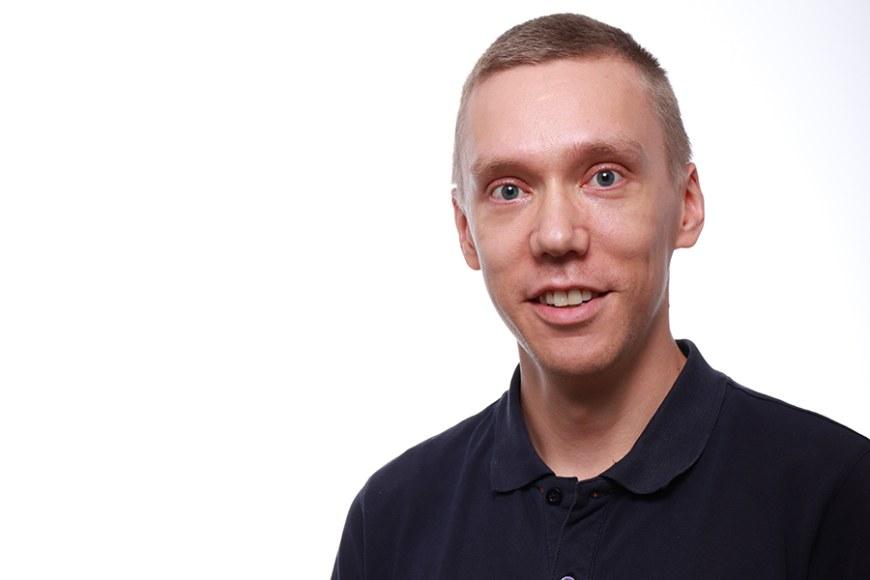
Global food production relies on industrial fertilizers that are produced either from fossilized deposits of phosphorus and potassium, or from atmospheric nitrogen through a process based on large scale use of natural gas, responsible for approximately 1 % of global CO2-emissions. While enabling large population growth and food production, industrial fertilizer use is unsustainable in the long run as it relies on fossil fuel consumption and limited mineral deposits. The use of industrial fertilizers has also created a large environmental problem as nutrients spread into the environment causing eutrophication. This is for instance the main reason for the poor condition of the Baltic Sea.
Recovery of nutrients from waste streams to produce fertilizers is an essential tool in reducing environmental impacts from fertilizer production and use. Source-separated human urine is an excellent waste stream for nutrient recovery as it contains majority of the nutrients eaten in a naturally concentrated form. Human urine requires treatment before large scale fertilizer use as it can contain pathogens and harmful chemical compounds, such as pharmaceuticals.
“Electrochemical methods are exceptionally promising for the treatment of source-separated urine as urine is very salty, providing high conductivity and nitrogen concentration, allowing for rapid and efficient electrochemical system operation. Electrochemical methods can be turned on and off instantly, for instance when there is renewable energy available. This technology could well be implemented wherever source-separated urine is collected to simultaneously treat urine and produce nutrients for use, with only electricity needed for operation.”, says Johannes Jermakka.
In his thesis, Johannes Jermakka has shown that innovative use of charged membranes in combination with metal electrodes can simultaneously treat urine and separate a nutrient concentrate with similar properties to organic fertilizers sold for households. Salt accumulation can be a problem in urine fertilization, and the thesis also provides an electrochemical solution also for salt separation from the nutrient stream.
Johannes Jermakka is currently working as a Senior Lecturer in Environmental Engineering at the Tampere University of Applied Sciences, where he teaches also nutrient recycling.
The doctoral dissertation of M.Sc. (Tech) Johannes Jermakka in the field of Environmental Engineering titled Electrochemical methods for source-separated urine treatment and nutrient recovery will be publicly examined in the Faculty of Engineering and Natural Sciences at Tampere University at 12:15 PM on Friday 10th of September 2021 in Festia Small Lecture hall 1 (FA032), Korkeakoulunkatu 8, 33720 Tampere. The Opponent will be Prof. Dr. Falk Harnisch from the Helmholtz Centre for Environmental Research. The Custos will be Associate Professor Marika Kokko from the Faculty of Engineering and Natural Sciences.
Limited number of participants are invited due to COVID-19 restrictions. The dissertation can be followed remotely through a Zoom remote connection.
PhD student Veera Koskue will act as a technical support during the dissertation and accepts audience questions during the dissertation to be presented in the end: veera.koskue [at] tuni.fi
The dissertation is available online at http://urn.fi/URN:ISBN:978-952-03-2085-0.
The faculty administration provides a pdf-version of the thesis at request: ens.doc.tau [at] tuni.fi
Photo: Arto Jalonen
